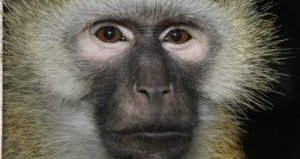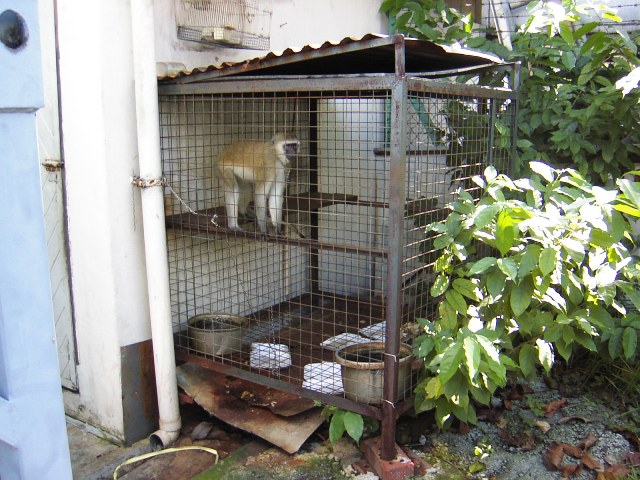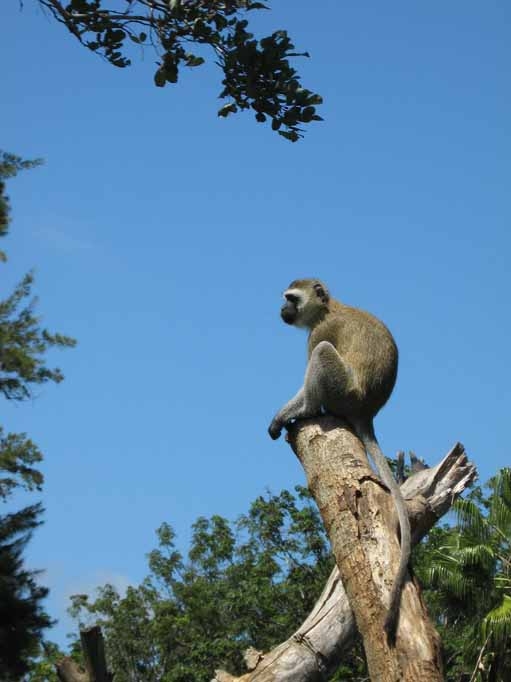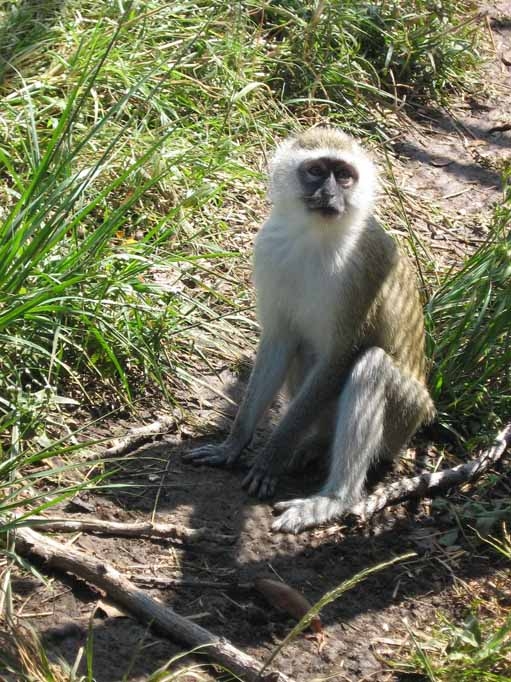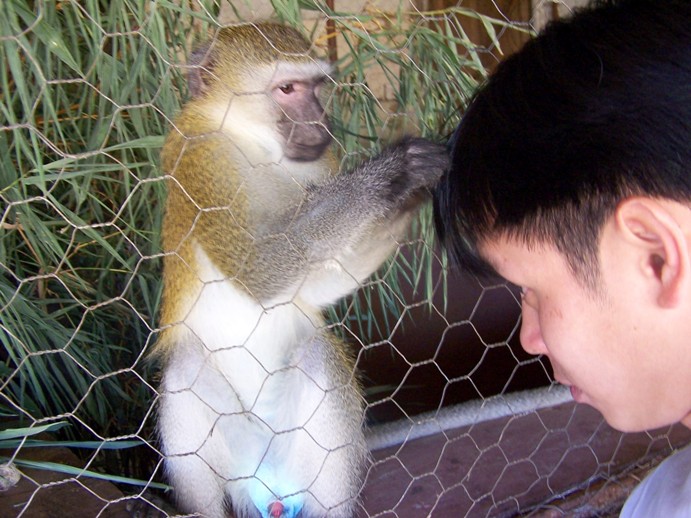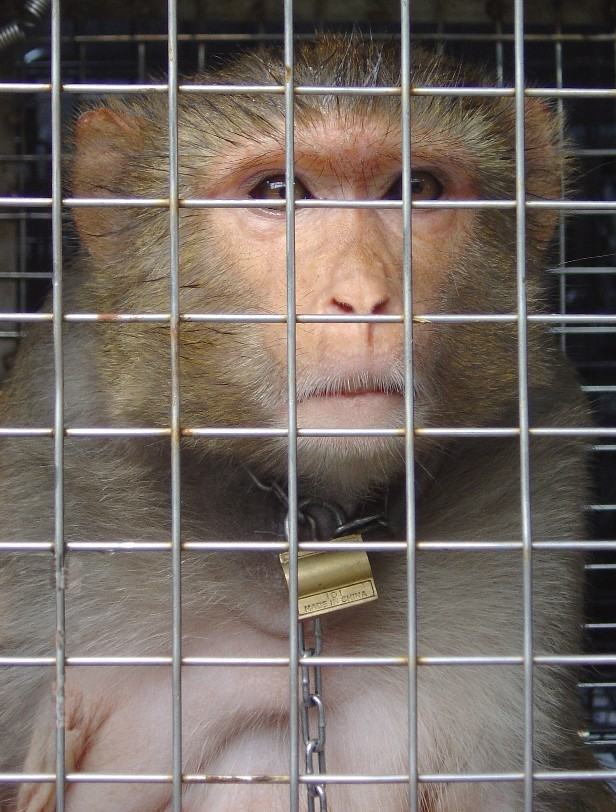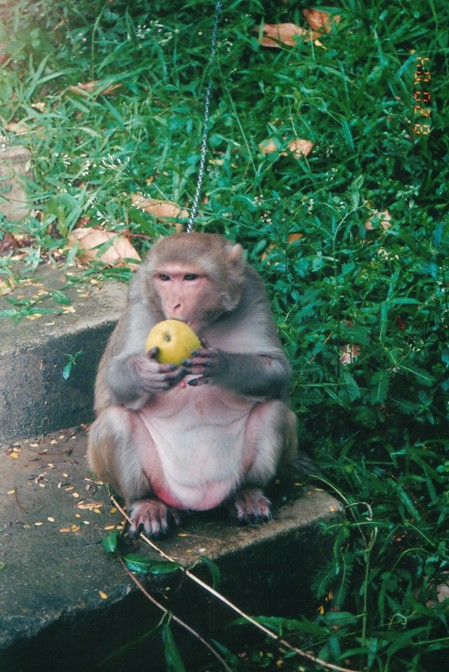We believe that, as far as possible, animals rescued from the illegal wildlife trade should be sent back to their country of origin, and hopefully even returned to the wild.
ACRES has organised the repatriation of two primates: Blue the vervet monkey and Asha the rhesus macaque. The repatriation of Blue was the first ever repatriation of a confiscated pet primate from Singapore! Thanks to ACRES supporters, both Asha and Blue now live happy, enriching lives at rescue centres in Africa and India respectively.
In the future, ACRES will be organising more repatriations of animals rescued from the illegal pet trade in Singapore, to rescue centres in the countries where they belong.



 break;
break;
break;
break;
